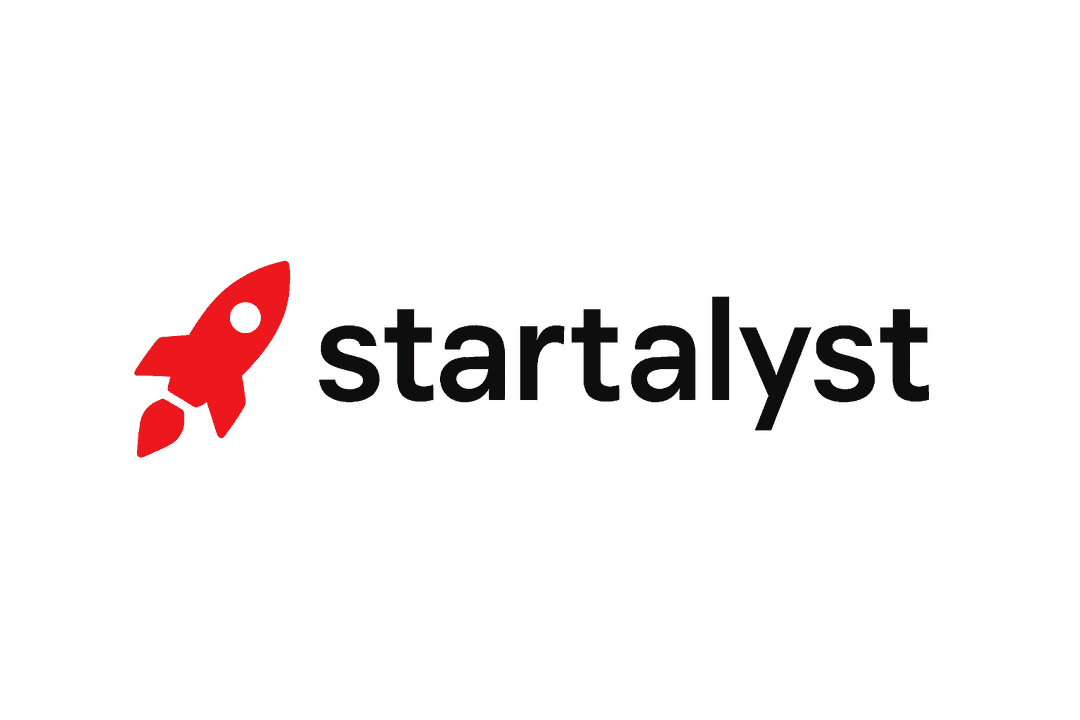Digital Marketing Business Ideas Starter Guide
How to Get the Best Results
Start by matching one clear service to one narrow niche and run a low-cost experiment for 4–6 weeks. Pick metrics you can track easily, like leads per week, cost per lead, or client response rate.
Build simple repeatable deliverables, price them as monthly packages, and automate scheduling and reporting so you can scale without hiring too fast. Use case studies from the first clients to refine messaging and raise prices.
Step 1 — Who are you?
Quickly identify your base strengths so you can choose digital marketing business ideas that let you start with momentum.
- Agency account manager — client management — You can convert handoffs into a recurring retainer service to stabilize cash flow.
- Freelance copywriter — content strategy — You can sell bundled blog and landing page packages that boost conversion for small businesses.
- Former salesperson — lead qualification — You can offer lead generation plus qualification to increase client close rates.
- Graphic designer — branding — You can create a fast brand refresh product that includes social templates and an ad creative set.
- Social media hobbyist — community growth — You can package audience growth and engagement programs for niche creators.
- SEO enthusiast — technical optimization — You can audit and fix quick wins that lift organic visits within weeks.
- Data analyst — performance tracking — You can build dashboards and reporting packages that show ROI clearly to decision makers.
Step 2 — Add interests & skills
List specific skills and interests that map to services so you can combine them into unique digital marketing business ideas.
- SEO You can specialize in local SEO for shops and clinics to win predictable monthly retainers.
- Paid advertising You can launch small-budget PPC tests to prove a concept before scaling ad spend.
- Content marketing You can create evergreen content systems that drive leads over months with one upfront effort.
- Email marketing You can design onboarding sequences that turn trial users into paid customers.
- Conversion rate optimization You can A/B test landing pages to squeeze more revenue from existing traffic.
- Social media strategy You can offer platform-specific calendars and creative packs for busy owners.
- Video editing You can produce short-form video ads that increase ad performance for e-commerce brands.
- Analytics You can set up attribution and dashboards so clients understand which channels actually pay off.
- Copywriting You can write headline and offer tests that lift clickthrough rates quickly.
- Influencer outreach You can coordinate micro-influencer campaigns to drive niche traffic affordably.
- Website build You can create conversion-focused landing pages for one-off product launches.
- Lead magnets You can design downloadable guides and funnels that increase email lists for B2B sellers.
Step 3 — Set available capital
Decide how much you can invest upfront, then choose ideas that match that budget so you don’t overcommit before proving the model.
- ≤$200 Focus on services that use your time rather than tools, like cold outreach, content packages, or SEO audits to win the first clients.
- $200–$1000 Allocate budget to a professional website, a paid ad test, or premium software that automates reporting and scheduling for better client delivery.
- $1000+ Invest in scalable assets such as a paid traffic ramp, a white-label team for delivery, or a branded course to create passive revenue alongside services.
Step 4 — Choose weekly hours
Pick a realistic weekly time window so your chosen digital marketing business ideas fit your life and growth plans.
- 5–10 hours Aim for a high-value micro-service, like writing optimized landing pages or running a weekly social calendar for one client.
- 10–20 hours Build recurring packages that include content plus basic ads management to deliver steady monthly income.
- 20+ hours Scale into a small agency model, add subcontractors, and pursue larger retainer contracts to grow revenue faster.
Interpreting your results
- Match the simplest combination of background, a couple of skills, low capital, and a modest time window to start fast. That mix reduces risk and produces early wins you can show to prospects.
- If multiple combinations look viable, prioritize the one with the shortest path to a paying client—often a narrowly defined offer for a defined industry. Early revenue validates both price and delivery.
- Track one or two metrics that directly correlate to cash: leads, proposals sent, and closed clients. Use those numbers to decide whether to increase ad spend, raise prices, or hire help.
- After you secure a first client, document the process, create templates, and turn manual steps into automations so you can replicate the offer across several clients without large overhead.
Use the generator above to mix backgrounds, skills, budgets, and hours until you land a practical digital marketing business idea you can test in the next 30 days.
